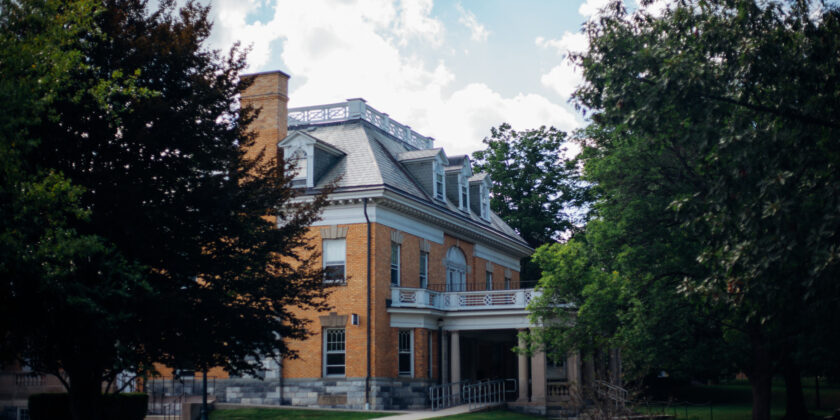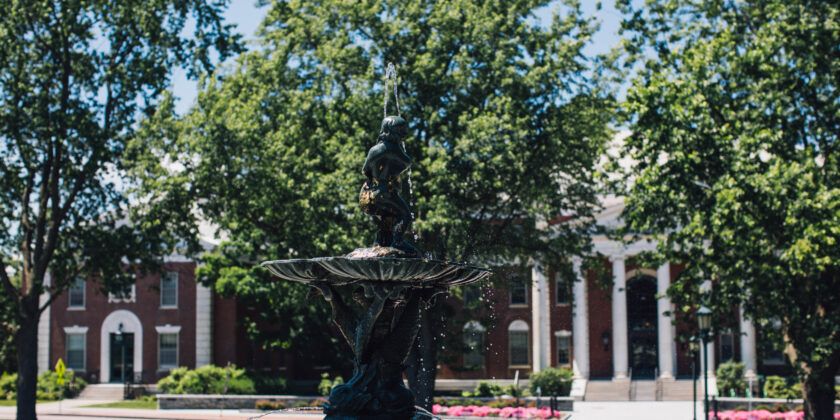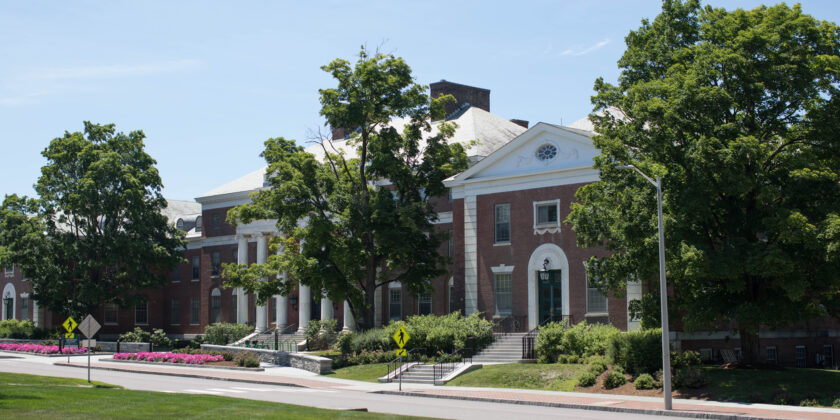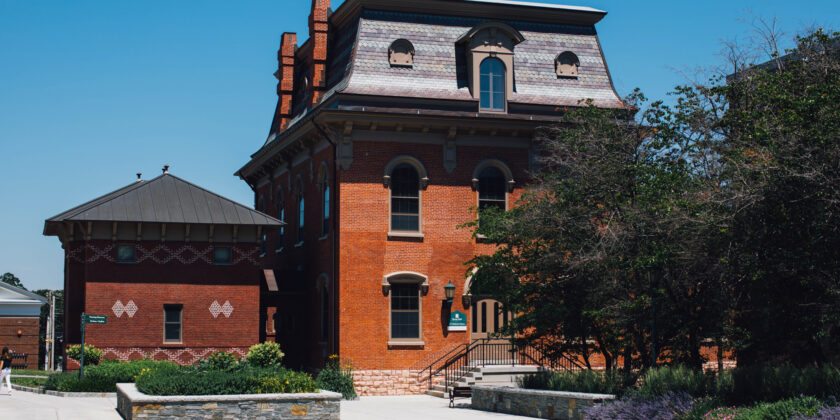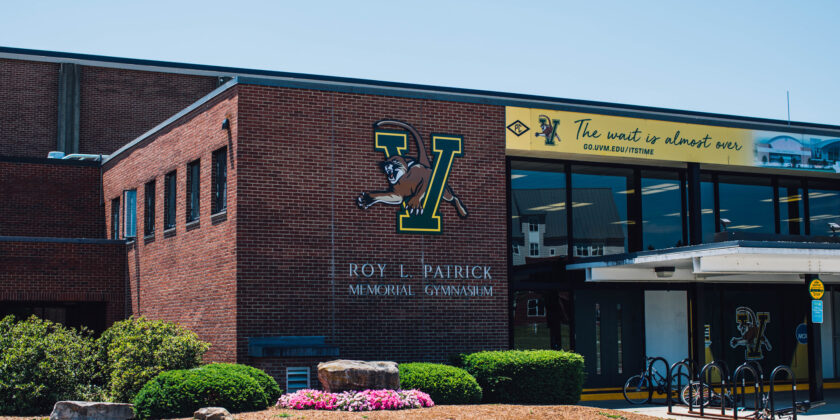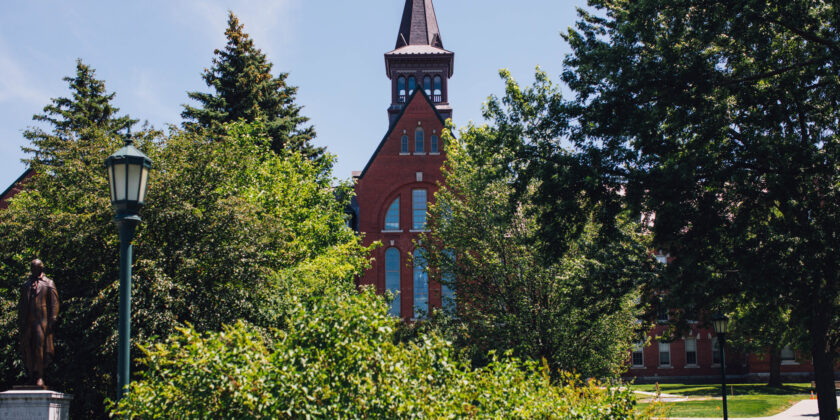Best Summer Programs for High School Students: Math
As part of your college application, extracurricular activities—including those over the summer—help demonstrate your intellectual curiosity and commitment to an area of study (ideally, the one you might pursue in college).
We get a LOT of requests to post summer programs, but please keep in mind that “programs” are not the only way to explore academic interests.
In fact, many colleges like to see students go beyond canned programming, especially the summer after their junior year. You can take free online classes via edX and Coursera, shadow or intern (aka volunteer for most students), or work with a teacher at your school to develop an independent study. There are tons of options ranging from super formal (and pricey) to those as simple as completing problem sets or learning via YouTube in your free time. They all “work” to build your academic narrative and explore your area(s) of interest. Ultimately, students need to choose what works best for them.
The following summer activities are some of our favorites for students interested in math.
Summer Workshop in Math @ Duke University
Summer Workshop in Math (SWiM) is a free workshop for rising high school seniors who are interested in mathematics, with a particular focus on advancing female participation in math. SWiM is particularly interested in increasing diversity in mathematics and in science and technology opportunities more broadly, so SWiM strongly encourages students to apply who are female or gender minorities, who are in their junior year of high school, and who are citizens or permanent residents of and reside in the US if held online.
Hampshire College Summer Studies in Mathematics (HCSSiM)
HCSSiM is an intensive six-week encounter with college-level mathematics for talented and highly motivated high school students. It is demanding and expanding. Participants spend a major portion of each day actively engaged in doing mathematics (not simply learning the results of mathematics). HCSSiM students live in the dorms at Hampshire College in Massachusetts for six summer weeks, and study and play in its fields, woods, and academic buildings (not typically in that order). Typically, there are as many girls and non-binary students as boys. The daily schedule includes 4 hours of morning classes (Mon-Sat), the pre-supper Prime Time Theorem, and evening problem sessions. Afternoons are devoted to reading, rest, recreation, occasional trips to town, and informal study. Participants have unparalleled access to faculty members in classrooms, at meals, and in the program dorm. Productive collaborations continue long after the program, and many lifelong friendships are forged.
Do you want to explore and create mathematics? Then read on, for that’s what MathILy is all about! In MathILy classes, instructors provide the framework and you get to make (and prove!) the conjectures. You will encounter new ideas, improve your problem-solving skills, learn lots and lots of advanced mathematics, and hone your overall thinking skills. You’ll meet others like you. (Yes, really. We promise.) Most of all, you will find serious mathematics infused with levity. MathILy is five weeks of maximized mathematical marvelousness. MathILy is designed for students with an insatiable curiosity about mathematics and who are creative and enthusiastic in their approaches to learning. Participants come from all over the United States and, sometimes, the world.
Program in Mathematics for Young Scientists (PROMYS)
PROMYS is a six-week summer program in mathematics for strongly motivated high school students who are carefully selected from across the U.S. and around the world. Founded in 1989, PROMYS is a residential program held on the campus of Boston University with approximately 80 high school students and 25 undergraduate counselors. PROMYS is particularly interested in increasing diversity in mathematics and in science and technology opportunities more broadly. We strongly encourage students to apply who are female, Black, Latino/a or from other groups underrepresented in STEM.
The first year course in the Ross Program is organized around a series of daily problem sets in number theory. These sets invite the participants to contemplate a variety of seemingly simple questions about numbers and their relationships. As the summer progresses students are encouraged to investigate these questions in increasing depth, and to return to them periodically as their skill at abstract reasoning and their collection of available tools become more powerful. This spiraling of concepts is summarized in the Ross Program’s motto: “Think deeply about simple things.”Students should expect to get deeply involved in intensive, mathematical work. Although formal classes take up only eight hours per week, Ross participants work hard during the many hours of unstructured time. They think about the many mathematical problems, and struggle with the difficulties. After a lot of effort they finally develop methods of thought that will prove useful in many aspects of their scientific lives.
Stanford University Mathematics Camp (SUMaC)
Stanford University Mathematics Camp (SUMaC) welcomes a select group of rising high school juniors and seniors from around the world for intensive study in advanced mathematics. SUMaC leads participants on a journey in advanced mathematics through lectures, guided research, and group problem-solving. In an environment centered on mathematics, participants explore current lines of mathematical research, the historical development of important areas of mathematics, and applications across scientific disciplines. SUMaC is for students who have an exceptional interest in mathematics, and who are prepared for study of abstract algebra and number theory, or algebraic topology. Similar to what they would experience in a college course, participants can expect a heavy and engaging workload of assignments to work on outside of the live class meeting times.
Canada/USA Mathcamp is an immersive summer experience for mathematically talented students ages 13–18 from all over the world. It is an intensive 5-week-long summer program for mathematically talented high school students, designed to expose these students to the beauty of advanced mathematical ideas and to new ways of thinking. More than just a summer camp, Mathcamp is a vibrant community, made up of a wide variety of people who share a common love of learning and passion for mathematics. At Mathcamp, students can explore undergraduate and even graduate-level topics while building problem-solving skills that will help them in any field they choose to study.
*Stay in the know! Subscribe*
